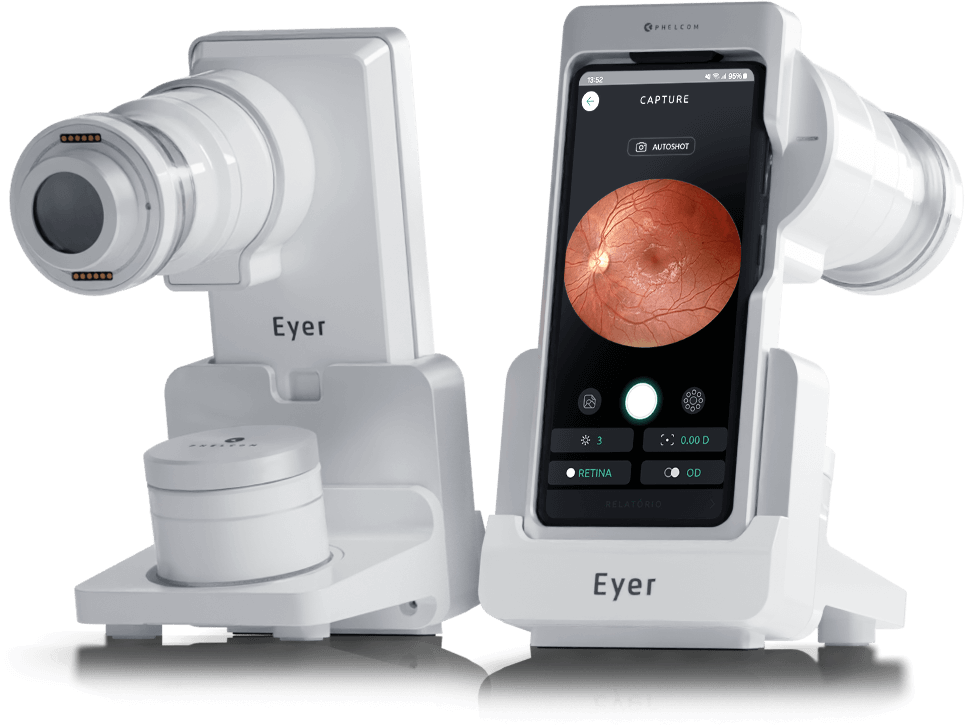Since the beginning of the pandemic, several researches have investigated how the new coronavirus (SARS-CoV-2) can affect the eyes. A recent study has described two cases of patients who have suffered corneal transplant rejection after being immunized against covid-19. The work was published in the British Journal of Ophthalmology.
Learn about the study and results. In fact, it is still too early to correlate rejection to the vaccine, but it works as a warning signal to doctors.
The research
The work reported two cases of corneal endothelial transplant rejection after patients received the covid-19 vaccine. Those procedures took place before immunization.
The first evaluated case is of a 66-year-old woman who took the first vaccine dose 14 days after transplantation (unilateral DMEK combined with phacoemulsification and IOL implant).
The patient had an acute onset of blurred vision, redness and photophobia seven days after vaccination. Doctors increased the drug dosage to an hourly basis to treat acute rejection of the endothelial graft. Inflammation symptoms and signs began decreasing three days after follow-up. Four weeks later, there were no more signs of inflammation in visual acuity.
Another patient, 83-year-old, developed rejection of corneal transplantation in both eyes at once, three weeks after receiving the second dose of the vaccine. She had had surgery six years earlier on her right eye and three years earlier on her left.
Presented symptoms included sudden onset of bilateral blurred vision, pain, photophobia and redness. The treatment consisted of putting in eye drops every hour. Inflammation signs decreased on the seventh day and the drug dosage reduced.
Results
This is the first work describing evidence of a possible association between rejection of corneal transplantation and covid-19 vaccine. Moreover, these are the first reports of DMEK procedure failing after any immunization.
The hypothetical occurrence is that the host antibody response may have triggered the allogeneic response.
Researchers have considered that doctors carry out non-urgent surgeries only after vaccination. In case of done procedures, assess the need to increase drug intake frequency or avoid reducing treatment at the time of vaccination.
Conclusion
There is no hard evidence that immunization against covid-19 led to rejection of corneal transplantation. This is a low-level case report, with regards to scientific evidence. Researches with more case studies, followed for a long time, can confirm the authors’ hypothesis.
Therefore, one must be attentive to any signs of rejection to start treatment at the very beginning.
Reviewed by Paulo Schor, ophthalmologist, free professor and director of innovation of the Federal University of São Paulo (Unifesp) and collaborator of the Faculty of Medicine of the Albert Einstein Hospital.
Follow Phelcom’s blog and stay on top of the main news about coronavirus and the eyes.




